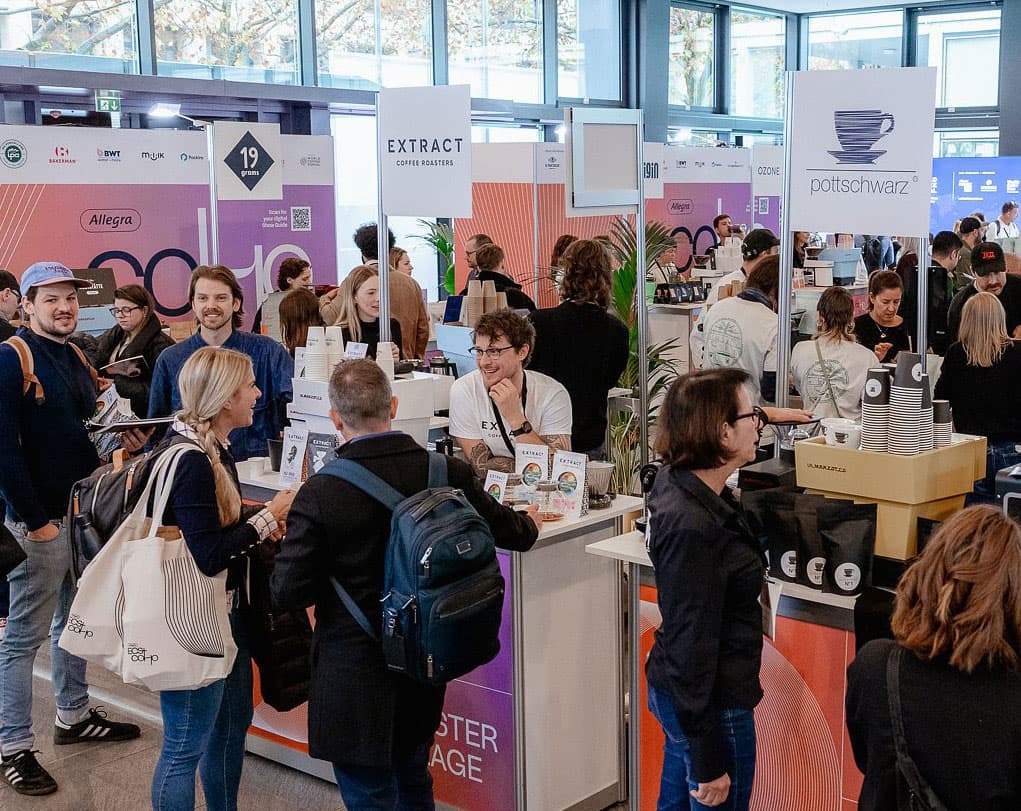Specialty coffee, rising prices, and shifting consumer habits define Europe’s dynamic café landscape in 2025
Europe’s branded coffee shop sector has surged to its highest growth rate in five years, with the total number of outlets expanding by 4.7% to reach 51,042 locations across the continent, according to the latest Project Café Europe 2025 report published by World Coffee Portal.
Despite economic headwinds, the report paints a picture of a resilient and evolving industry that is embracing specialty coffee, digital transformation, and experience-driven customer engagement. Industry optimism remains strong, even as operational challenges mount.
United Kingdom, Germany, and Russia Lead Market Size
The United Kingdom continues to top the list as Europe’s largest branded coffee shop market with 11,456 outlets, followed by Germany (7,428), Russia (5,157), France (4,162), and Turkey (3,819). Notably, France added over 700 new outlets in a year, reaching 4,890 total locations and emphasizing experiential café formats.
Smaller markets such as Croatia, Lithuania, and Armenia also demonstrated significant momentum, alongside strong specialty-led growth in Czechia and urban-focused expansions in Romania.
Industry Faces Uneven Terrain: From Switzerland to Turkey
Among the fastest-growing markets were Switzerland (+21.3%) and Ukraine (+8%)—the latter showing remarkable resilience amid ongoing conflict. Conversely, Poland experienced its first contraction in five years, closing a net 26 outlets, while Sweden and Switzerland saw declines of 5.7% and 6.3%, respectively.
In a striking example of divergence, Turkey grew by 12.6% despite facing 44% CPI inflation, underscoring consumer appetite and adaptability in even the most volatile markets.
The Rise of Specialty Coffee and Value-Driven Consumers
The Project Café report highlights three key consumer trends shaping the European coffee scene:
-
The growth of specialty coffee
-
Increasing price sensitivity
-
The powerful influence of social media
A regular 12oz cappuccino now averages €3.69, marking a 7.6% year-on-year increase. In Belgium, prices have soared to €4.67, and in the Netherlands to €4.55. The report warns that price hikes are starting to impact daily purchasing habits, with 38% of industry leaders reporting that some consumers are being priced out of daily coffee consumption.
Still, 75% of industry leaders believe there’s strong room for further branded coffee shop expansion. Meanwhile, 49% cited iced coffee as a key growth category in their markets.
Leading Chains and Market Forecasts
The top three branded chains in Europe continue to dominate:
-
McCafé – 3,983 outlets across 26 countries
-
Starbucks – 3,534 outlets across 31 countries
-
Costa Coffee – 3,097 outlets in 21 countries
Collectively, these chains account for nearly 21% of the total European market. World Coffee Portal forecasts that by March 2030, the branded coffee shop market will exceed 60,900 outlets, growing at an estimated 3.6% CAGR.
Navigating High Costs and Consumer Expectations
Despite expansion, industry leaders are grappling with sustained cost pressures—record-high green coffee prices, inflation, and rising operational expenses. Some operators report strong sales but see margins shrinking under escalating utility and ingredient costs.
“There is tremendous consumer appetite for coffee and café culture to support a thriving European market,” said Jeffrey Young, Founder & CEO of Allegra Group. “But operators must be smart to navigate these challenges.”
The report notes that operators are doubling down on loyalty programs, digital tools, and plant-based innovations to meet evolving expectations while maintaining profitability.
Outlook: Europe’s Coffee Culture Thrives Amid Uncertainty
From the specialty revolution in France and Germany to innovation in Nordic sustainability and the digital expansion in Greece and Portugal, the European coffee market is entering a period of rapid transformation.
Despite geopolitical tensions and economic pressures, the demand for quality coffee experiences continues to elevate cafés into cultural and economic hubs across the continent. For the foreseeable future, Europe’s coffee story appears to be one of resilience, reinvention, and robust consumer passion.


